I have just returned from a conference at the University of Malta organised by the EU COST Action on Cyberparks which I am participating in. The conference was on the theme of the I-city, enhancing places through technology and featured keynotes reflecting on and critiquing the notion of the ‘Smart City’ from different disciplinary and methodological perspectives and with reference to projects taking place across Europe. Valletta, where the conference took place, is going to the European Capital of Culture in 2018 and one of the presentations was from the Foundation team, offering some interesting insights into how preparations would focus on technologically-driven community regeneration.
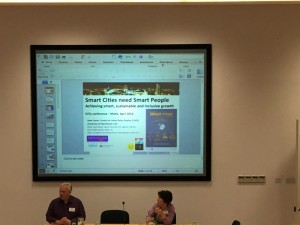
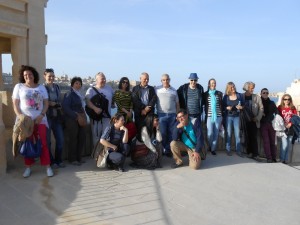
Discussion in the parallel sessions which followed was organised around three tracks (Digital Methods and Social Practices; Ethnographic challenges; People, spaces and technology) led by COST Action members. The organisers also organised two field visits for us, looking at how technology is being used for the regeneration of public spaces and historical building in Valletta. Following the conference, I also participated in the working group meetings for the project, where discussion centred on dissemination and networking, and plans for future collaborations between members.
This was the second COST Action meeting I have attended so far and it was good to see how the project and collaborations between members are progressing. I have learned a great deal from working alongside colleagues from a diverse range of disciplines and cultures, and hope I will be able to attend the next meeting, which will be in Skopje in Macedonia in October. As well as myself, FMC Visiting Fellow Sue Thomas is also involved in the Cyberparks project and in addition to being a working group member is also on the project’s Editorial Board.
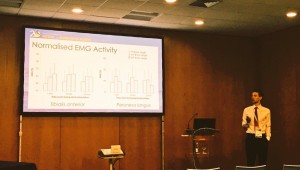
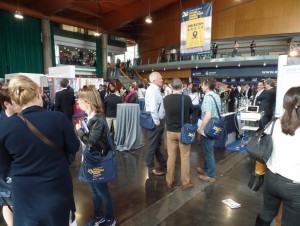

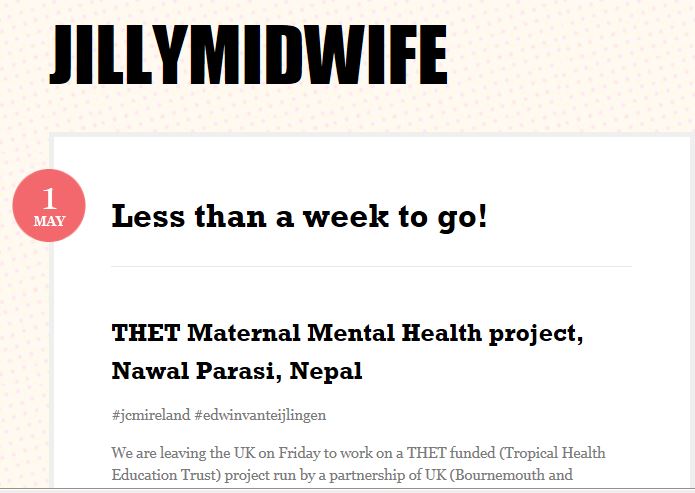
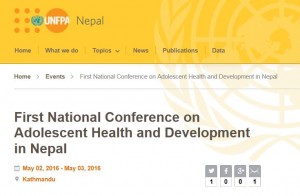


 Just a quick reminder before the long weekend, to sign up for the forthcoming
Just a quick reminder before the long weekend, to sign up for the forthcoming 



 Sascha Dov Bachmann, Associate Professor in International Law, FMC, has been made Extraordinary Visiting Professor (AP) in War Studies at the Swedish Defence University (FHS). This appointment recognizes his contribution to the work of the
Sascha Dov Bachmann, Associate Professor in International Law, FMC, has been made Extraordinary Visiting Professor (AP) in War Studies at the Swedish Defence University (FHS). This appointment recognizes his contribution to the work of the 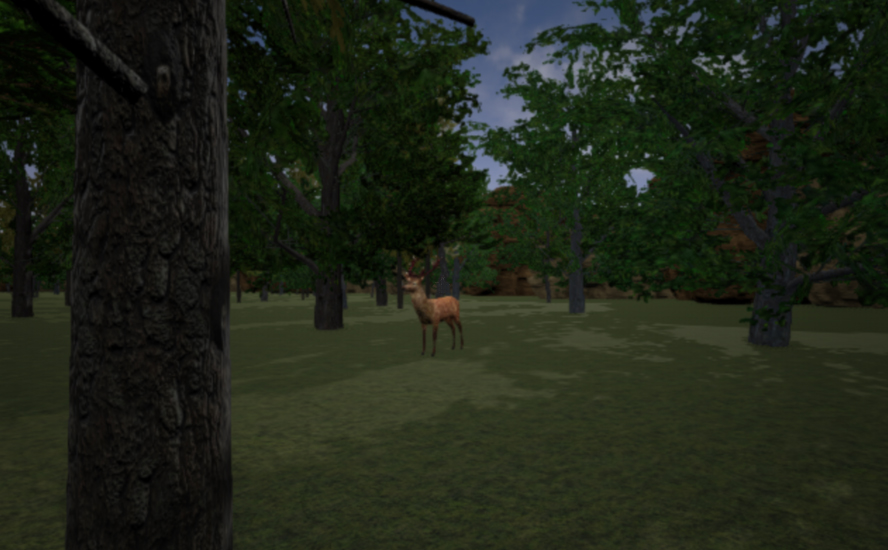
 Dr. Jenny Hall in CMMPH published her latest article ‘Facilitating learning of spirituality in midwifery’ in the academic journal Spiritual Care [1]. She highlights that there has been considerable discussion in the literature around spirituality at the end of life but little relating to childbirth. Perhaps because of this facilitation of learning around the subject is limited. The aim of this article is to raise awareness of these issues and promote future discussion and research.
Dr. Jenny Hall in CMMPH published her latest article ‘Facilitating learning of spirituality in midwifery’ in the academic journal Spiritual Care [1]. She highlights that there has been considerable discussion in the literature around spirituality at the end of life but little relating to childbirth. Perhaps because of this facilitation of learning around the subject is limited. The aim of this article is to raise awareness of these issues and promote future discussion and research.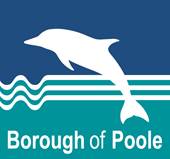 On Tuesday, 24th May 2016, BU’s Research and Knowledge Exchange Office (RKEO) will be hosting a Sandpit event on Smart Cities, supported and attended by staff from the Borough of Poole and other organisations.
On Tuesday, 24th May 2016, BU’s Research and Knowledge Exchange Office (RKEO) will be hosting a Sandpit event on Smart Cities, supported and attended by staff from the Borough of Poole and other organisations.










 Beyond Academia: Exploring Career Options for Early Career Researchers – Online Workshop
Beyond Academia: Exploring Career Options for Early Career Researchers – Online Workshop UKCGE Recognised Research Supervision Programme: Deadline Approaching
UKCGE Recognised Research Supervision Programme: Deadline Approaching SPROUT: From Sustainable Research to Sustainable Research Lives
SPROUT: From Sustainable Research to Sustainable Research Lives BRIAN upgrade and new look
BRIAN upgrade and new look Seeing the fruits of your labour in Bangladesh
Seeing the fruits of your labour in Bangladesh ECR Funding Open Call: Research Culture & Community Grant – Apply now
ECR Funding Open Call: Research Culture & Community Grant – Apply now ECR Funding Open Call: Research Culture & Community Grant – Application Deadline Friday 12 December
ECR Funding Open Call: Research Culture & Community Grant – Application Deadline Friday 12 December MSCA Postdoctoral Fellowships 2025 Call
MSCA Postdoctoral Fellowships 2025 Call ERC Advanced Grant 2025 Webinar
ERC Advanced Grant 2025 Webinar Update on UKRO services
Update on UKRO services European research project exploring use of ‘virtual twins’ to better manage metabolic associated fatty liver disease
European research project exploring use of ‘virtual twins’ to better manage metabolic associated fatty liver disease